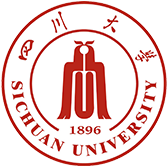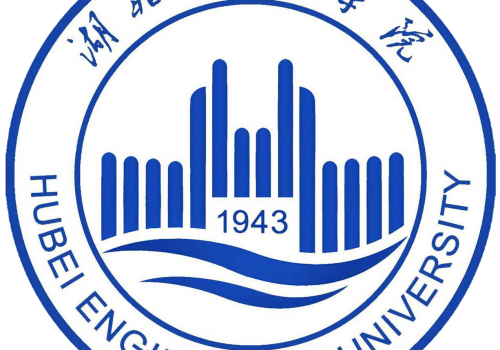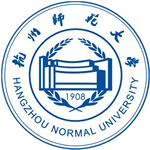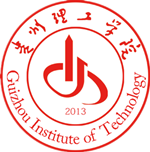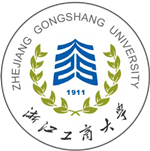About Suzhou Polytechnic Institute of Agriculture
Suzhou Polytechnic Institute of Agriculture was founded in 1907. It was originally named Suzhou Governmental Agricultural School. It has a history of 113 years and is known as the birthplace of modern horticulture and landscape engineering vocational education in China. For more than a century, the school has adhered to the motto of “encouraging self-improvement, cultivating trees and people”, carried forward the spirit of “diligent respect to agriculture, hard work and innovation” and trained more than 80000 high-quality technical and managerial talents for agricultural system, including Zhang Shouyu, famous flower horticulturist and one of the founders of modern flower and horticulture discipline in China, Hu Changchi, famous fruit tree horticulturist and one of the pioneers in horticultural higher education, Shen Shanjiong, famous microbiologist and academician with the Chinese Academy of Sciences, Yu Xingde, former Executive Vice Governor of Jiangsu Province.
The school has three campuses, namely, Xiyuan Road mian campus, Xiangcheng campus and Dongshan campus, covering a total area of more than 100 hectares. It has a total of 7 faculties, including Faculty of Horticultural Science and Technology, Faculty of Landscape Engineering, Faculty of Economics and Management, Faculty of Smart Agriculture, Faculty of Environmental Engineering, Faculty of Food Science and Technology and Faculty of International Education. The school has enrolled close to 10000 students in 40 subjects across 18 provinces in the entire country, with more than 600 teaching staff currently in service.
In recent years, the school has established the running plan of “basing itself on southern Jiangsu, serving agriculture, rural areas and farmers, focusing on characteristics and striving for first-class”, and has clearly defined the characteristic development path of creating five business cards, namely, “propagating the agrarian culture of south of the Yangtze, pioneering vocational education in horticulture, inheriting Suzhou gardening techniques, leading the development of smart agriculture, and exploring the international export of agricultural talent”. At the end of 2017, the school was successfully selected as a member of High-level Higher Vocational Colleges in Jiangsu Province. It won the first prize of the National Teaching Achievement Award, award of the top 50 schools on service contribution of national level, award of the top 50 schools on international influence of national level, award of outstanding contribution to skilled personnel cultivation of national level, award of advanced schools of vocational education in Jiangsu Province and the advanced schools of employment work in Jiangsu Province. The school was awarded the “Civilized Campus in Jiangsu Province” for seven consecutive times. In 2019, the school was also determined by the Ministry of Education as one of the 17 “National High-quality Higher Vocational Colleges” in Jiangsu Province, and was selected as one of the school participating in the “High-level Higher Vocational Colleges and Subjects Construction Plan with Chinese characteristics.” Teachers and students have won the gold medal multiple times in the National Vocational College Teachers’ Teaching Ability Competition and Student Skills Competition. On May 23, 2019, Sun Chunlan, member of the Political Bureau of the Central Committee, Vice Premier of the State Council, visited our school for research and fully affirmed the school’s talent cultivation work.
The school attaches great importance to employment work, entrepreneurship and further education of graduates. Choices of places of employment among graduates are concentrated in Suzhou urban area, SIP, High-tech District, Shanghai, Zhejiang, Shenzhen and so on. The employment rate of the school has maintained at a high level of more than 98%. The average monthly salary of the current graduates is more than 4000 RMB. The “Level of Recommendation of School” of graduates ranks first in agricultural vocational colleges in Jiangsu province. At the same time, the school invests more than 2 million RMB every year to subsidize students who start their own businesses. Many entrepreneurial models have emerged among graduates. Graduates can also be promoted to undergraduate colleges and universities for further study through various paths. Official data from the “Survey Report on the Employment of Graduates in Jiangsu Province in the Year 2018 shows that our school’s undergraduate promotion rate is as high as 32.94%, ranking first in the province’s High-level Higher Vocational Colleges.
“Seize every minute, Realize your dreams”, The staff and students of SZAI look forward to your joining in us!
Campus Scenery
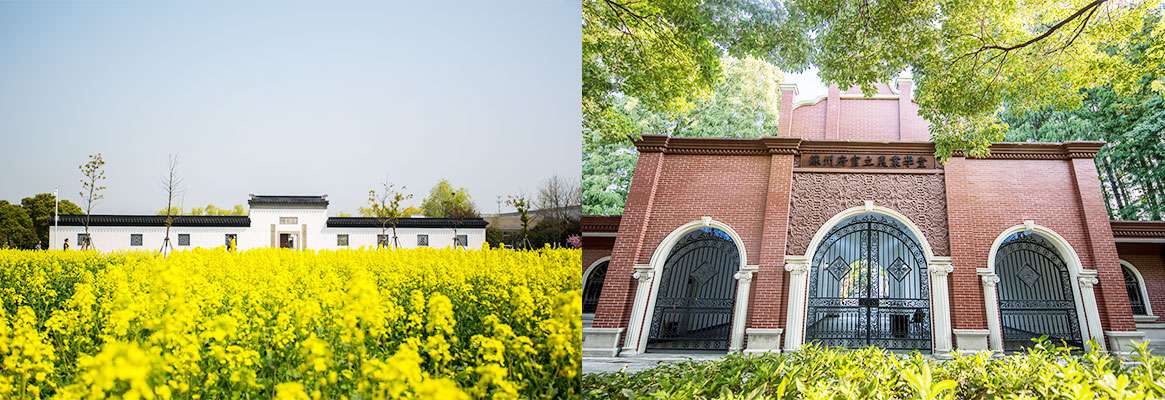
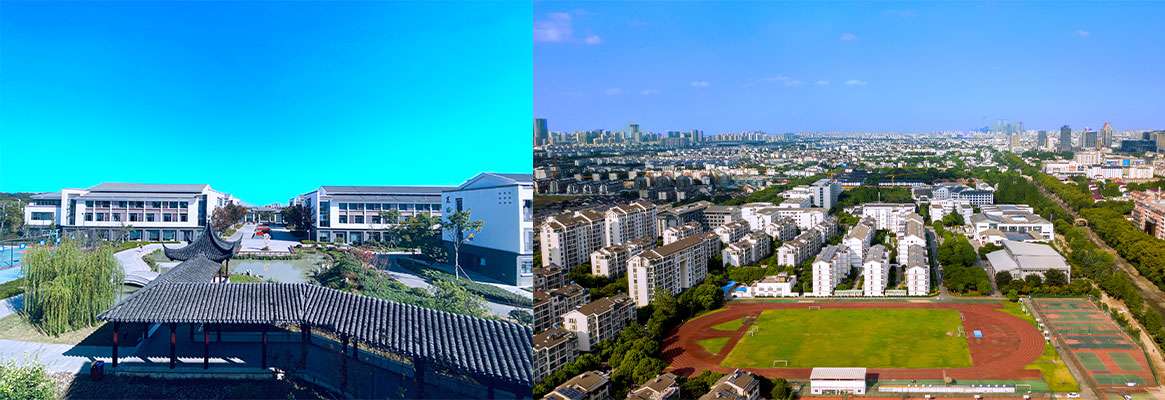
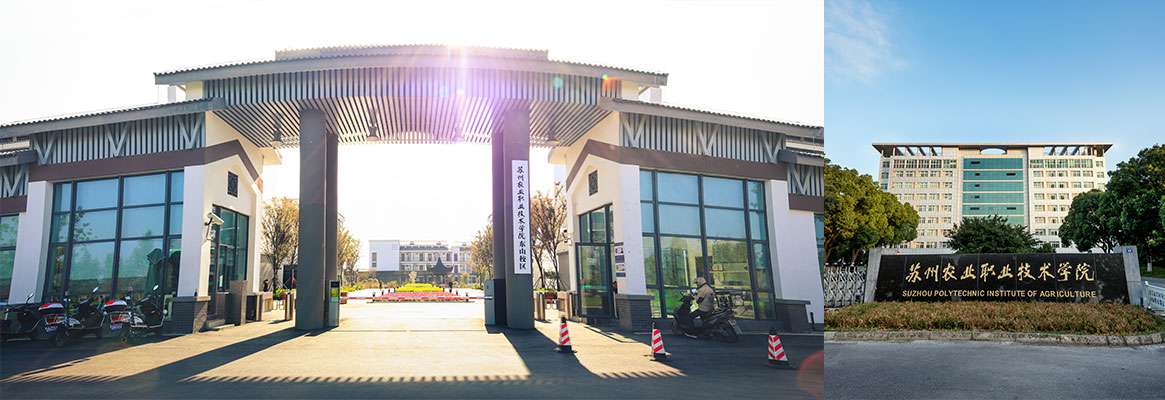
Accommodation conditions
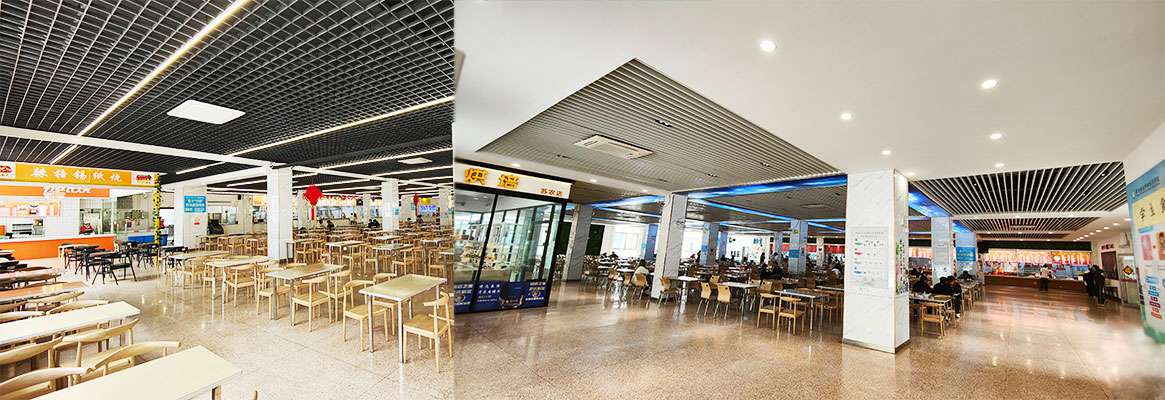
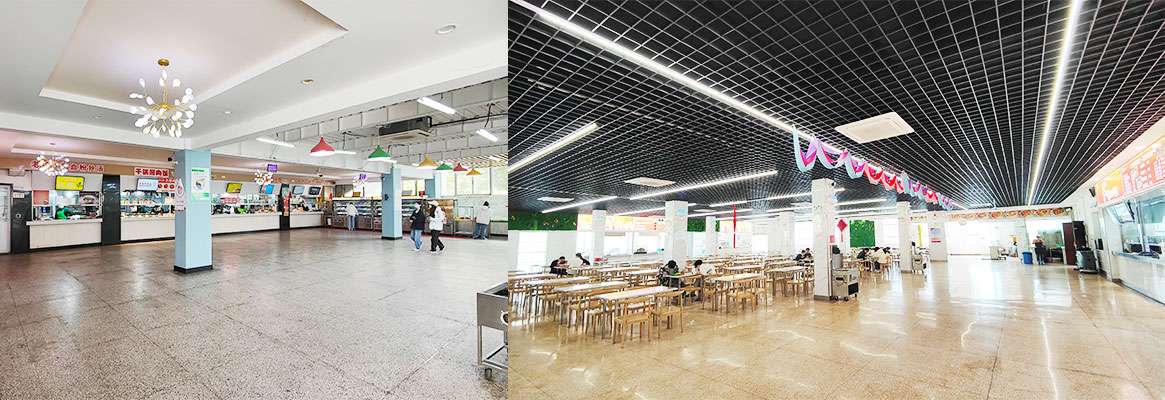
Learning and activities
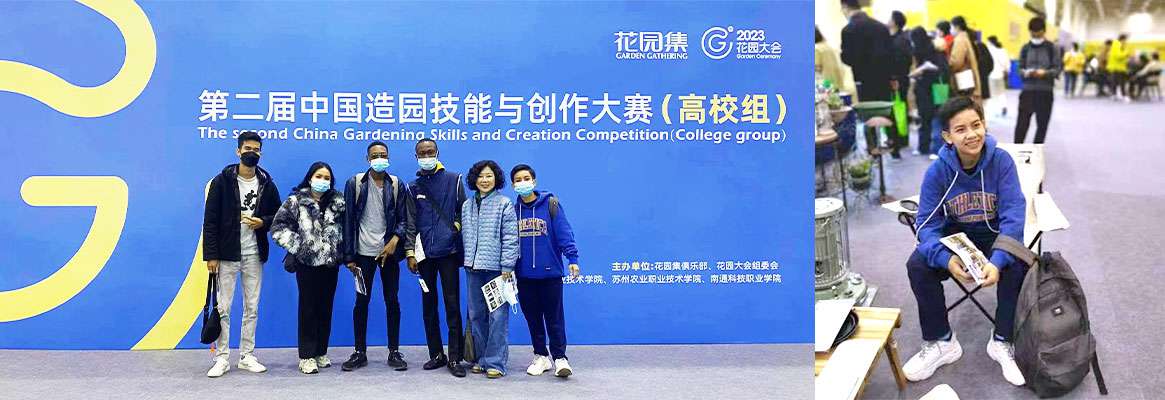
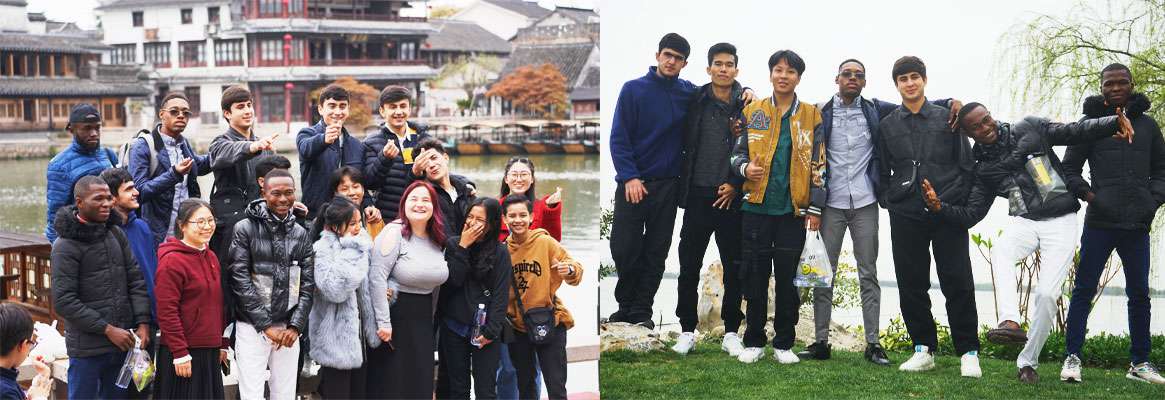
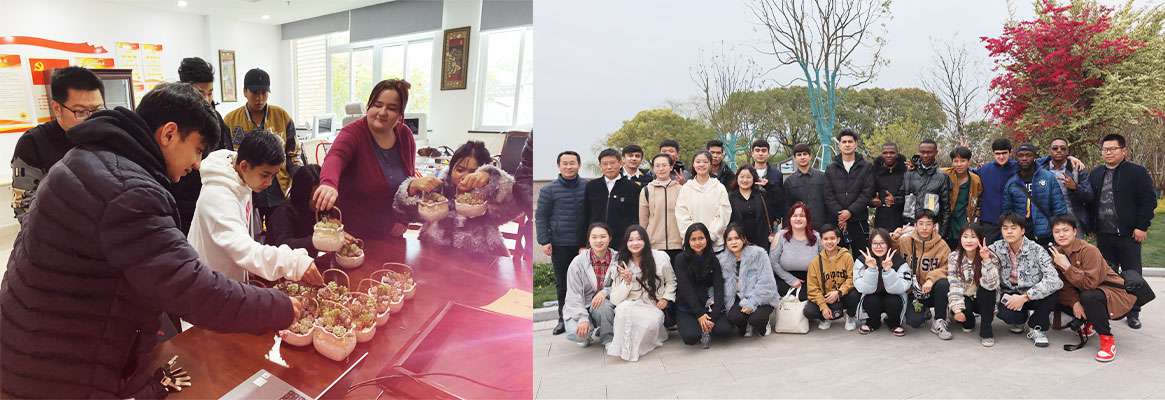
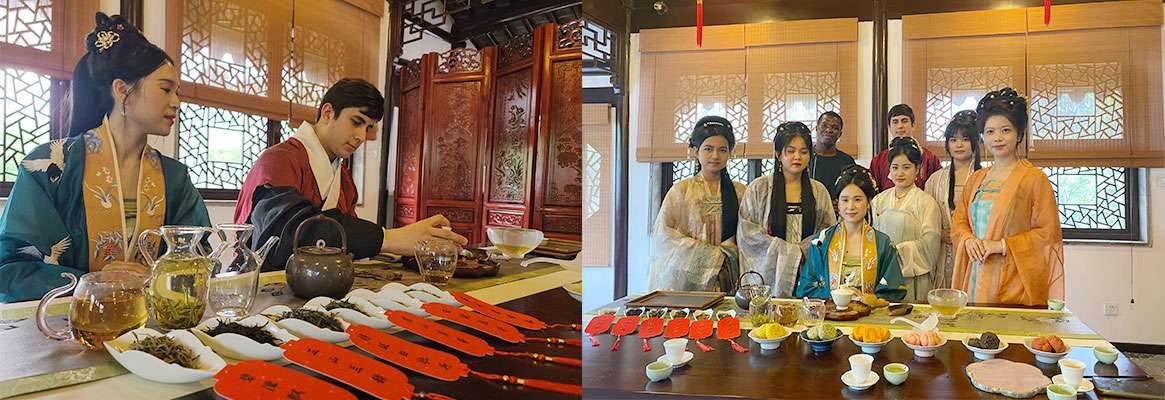
Suzhou Polytechnic Institute of Agriculture institute of international education is upgraded to 2001 institute full-time colleges and universities set up after the first one of the departments, its predecessor was Suzhou Polytechnic Institute of Agriculture of humanities science and research institute party committee in 2017 and approved by jiangsu province rural party approval by humanistic sciences changed its name to the international education college. The institute of International Education currently has more than 70 full-time and part-time teachers, including 3 foreign teachers and 13 teachers with associate senior title or above. 95% of the teachers have obtained or are studying for master’s degree. More than 30 people have been to the United States, Japan, Canada, France, Italy, South Korea, the Philippines, The United Kingdom, Australia, the Netherlands and other countries for study, visit, further education or inspection.
At present, the institute of International Education has four teaching and research sections: Business English, Business Japanese, Business Management and Public English, and five majors: Business English, Business Japanese, Legal Secretary, flight attendant, and exhibition planning and Management. There are nearly 1000 students in our institute. Since 2002, it has cultivated more than 3,000 graduates. Graduates with strong professional ability and high comprehensive quality are generally welcomed by employers. In recent years, the employment rate of graduates in all majors is above 99%.
The institute of International Education adheres to the educational philosophy of “establishing the institute with quality, prospering the institute with scientific research, governing the institute by law and strengthening the institute with characteristics”, and takes the reform of educational ideology as the guide, teaching reform as the core, teaching infrastructure construction as the focus, focusing on improving the quality and striving to develop its characteristics as the working train of thought. Firmly establish people-oriented, morality first, love as the soul of education, and constantly strengthen the construction of teaching style. International education college adhere to the employment as the guide, ability as the standard, in order to cultivate high-quality technical skilled talents as the goal, to professional construction as the main line, solid professional teaching, strengthening practice teaching, continuously explore and exploit university-enterprise cooperation and work-integrated learning, the new way of field work, vigorously promote the “double certificates” system, It provides a better platform for students to improve their professional skills and enhance their social competitiveness. At present, there are more than 60 domestic and foreign internship bases. On campus, in addition to the public training facilities, but also for our college students use the five multimedia integrated language training room, a Japanese culture practice room, a business comprehensive foreign language training room, a legal secretary comprehensive training room, oral comprehensive training room between 1 and 1 air cabin professional makeup classroom, room air cabin professional form between 1 and 1 mandarin test station.
The institute of International Education focuses on campus cultural activities of college students and actively carries out colorful campus cultural activities. Every year, we regularly carry out campus brand activities such as “Girl’s Day” and “Chinese and Foreign Culture and Art Festival” with cultural and international characteristics, and college students’ “Three Trips to the countryside” activities with distinct themes. With an emphasis on training students’ practical ability and innovative spirit, to organize the implementation of the annual national college students’ English contest, national international business English training certification exams, we regularly organize speech contest, English and Japanese Japanese sushi making contest, moot court and foreign language songs contest, calligraphy contest, contest of mock interviews, and other campus culture activities. “Japanese club” and “English corner” and other student club activities become an important part of the second class.
The institute of International Education has been actively exploring foreign exchanges, establishing friendly and cooperative relations with relevant institutes in Japan, the United States, Italy and other countries, and actively exploring new forms and ways for teachers and students to exchange and study abroad.
In 2001, the school was upgraded to a vocational institution of higher learning and hence got its current name. In 2008, SPIA was approved to enter the list of “Demonstrative Higher Vocational Institutions of Jiangsu Province” under-construction.
The SPIA campus includes the Demonstrative Training Base for Rural Labor Shift under the State Council Leading Group Office of Poverty Alleviation and Development, and the Suzhou Training Center under the Chinese Ministry of Agriculture. According to the National Chronicle of Horticulture, SPIA’s horticulture education dates back to 1912, being the earliest to offer this program among its counterparts in China. SPIA is the forerunner of vocational education in horticulture and gardening in modern China. In 2017, SPIA was approved to be listed as one of the High-level Vocational colleges in Jiangsu Province.
SPIA consists of the Main Campus, Xiangcheng Campus and Dongshan Campus, covering a total area of over 100 hectares. There are currently 35 diploma programs offered by the 9 teaching units, i.e. School of Horticultural Technology, School of Landscape Engineering, School of Economics & Management, School of Environmental Engineering, School of Smart Agriculture, School of Food Science and Technology, School of International Education, School of Continuing Education, and Center for Quality Education.
SPIA Students are from 17 provinces, with a total of nearly 10,000 full-time students on campus. SPIA has over 550 faculty and staff members, including 191 with senior professional titles, 292 with master’s or doctorate degrees, and more than 60 ranked as highly qualified personnel at the provincial or state levels.
SPIA has 2 “Provincial Excellent Teaching Teams”, 6 “Provincial Brand-name Majors or Featured Majors”, one “National Quality Course”, 9 “Provincial Quality Courses”, and one “National Quality Course Book” and 12 “Provincial Quality Course Books” . International exchanges and cooperation have been heartily carried out between SPIA and 18 sister schools from 8 countries.


